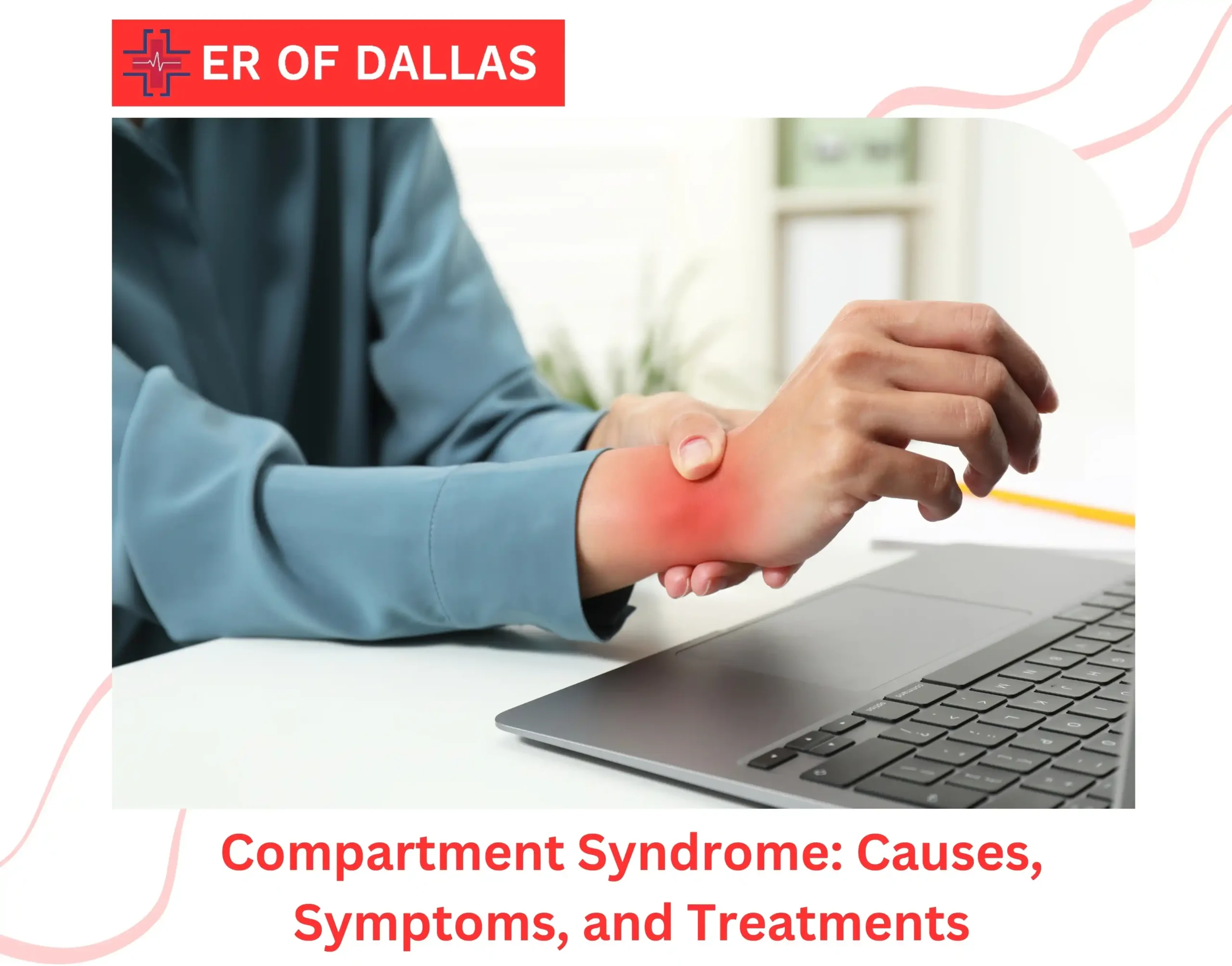Lower back pain is extremely common and can result from overuse, poor posture, or injury. Fever, on the other hand, is a natural response of your body to infection or inflammation.
When lower back pain and fever occur together, they signal something far more serious than a muscle strain. This combination often points to infections that need immediate attention before they spread or cause permanent damage.
Let’s explore the connection between lower back pain and fever and why these symptoms show up as a pair.
Why Do Lower Back Pain and Fever Happen Together?
Lower back pain and fever often occur together when your body is fighting an infection in the kidneys, spine, or pelvic area. If bacteria reach the spine or spinal discs, the resulting infection causes inflammation around the nerves and bones. The nerves and tissues become irritated, causing pain in that area.
As part of the body’s natural response to infection, the immune system raises the body’s temperature to make it harder for bacteria or viruses to survive. That’s the fever part. So, both pain and fever are part of your body’s defense system.
5 Common Causes of Lower Back Pain and Fever
These are the common causes of lower back pain and fever:
1. Kidney Infection (Pyelonephritis)
A kidney infection is a common and serious cause of lower back pain and fever. It usually starts as a urinary tract infection (UTI) that spreads to the kidneys.
Symptoms:
- Dull or sharp pain on one or both sides of the lower back
- Fever and chills
- Frequent urination
- Burning sensation while urinating
- Nausea or vomiting
Action: Kidney infections require antibiotics and can worsen quickly if untreated. Seek medical care immediately.
2. Spinal Infection (Vertebral Osteomyelitis or Discitis)
A spinal infection is rare but serious. It occurs when bacteria or fungi infect the spinal bones (osteomyelitis) or discs (discitis).
Symptoms:
- Persistent lower back pain that doesn’t improve
- Fever
- Night sweats
- Fatigue or weakness
- Sometimes neurological symptoms (numbness or weakness)
Action: This is a medical emergency. Early treatment with antibiotics or surgery is often needed to prevent permanent damage.
3. Influenza or Viral Infections
Sometimes, a flu or viral illness can cause general body aches, including lower back pain, along with fever.
Symptoms:
- Aching muscles
- Fatigue
- Chills and fever
- Headache
- Sore throat or cough
Action: Rest, fluids, and over-the-counter fever reducers often help. See a doctor if symptoms worsen or don’t improve after a few days.
4. Pelvic Inflammatory Disease (PID)
This condition primarily affects women. It’s an infection of the reproductive organs and can cause pain that radiates to the lower back, along with fever.
Symptoms:
- Lower abdominal or back pain
- Fever
- Pain during intercourse
- Abnormal vaginal discharge
- Irregular periods
Action: PID requires antibiotics and should be treated promptly to prevent fertility issues.
5. Appendicitis (Rare But Possible)
While appendicitis pain typically starts in the lower right abdomen, in rare cases it may radiate to the lower back, especially in certain positions.
Symptoms:
- Fever
- Pain starting near the belly button then moving to the lower right side
- Nausea or vomiting
- Loss of appetite
Action: Emergency surgery is often needed. If you suspect appendicitis, seek help right away.
Less Common Causes of Lower Back Pain And Fever
- Autoimmune diseases (e.g., lupus, ankylosing spondylitis)
- Infected kidney stones
- Endometriosis or ovarian infections
- Prostatitis (in men)
When to See a Doctor For Lower Back Pain And Fever?
You should see a doctor immediately if you have lower back pain and fever along with:
- Difficulty urinating or blood in urine
- Severe or worsening pain
- Unexplained weight loss
- Pain that doesn’t go away after a few days
- Weakness or numbness in your legs
- Confusion or extreme fatigue
How Is It Diagnosed?
Here’s how lower back pain and fever is diagnosed:
- A physical exam
- Asking about your medical history and symptoms
- Urine tests (to check for kidney infection)
- Blood tests (to look for signs of infection)
- Imaging tests like an ultrasound, CT scan, or MRI
Treatment Options
Treatment depends on the underlying cause of your lower back pain and fever:
- Kidney infection: Antibiotics, hydration
- Spinal infection: Hospitalization, IV antibiotics, surgery
- Viral illness: Rest, fluids, antipyretics (e.g., acetaminophen)
- PID: Antibiotics, pain management
- Appendicitis: Emergency surgery
Home Care Tips (for Mild Cases)
Here are some simple and effective home care tips to manage mild lower back pain and fever:
- Stay hydrated to support kidney and immune function
- Use heat packs for pain relief
- Avoid heavy lifting or strain
- Rest and recover — give your body time to heal
- Take fever-reducing medications (if advised by your doctor)
Final Thoughts
A kidney infection can spread to the bloodstream if left untreated. If you have lower back pain and fever, get it checked at your nearest emergency room.
ER Dallas is in your neighborhood, open 24/7 with little to no wait times. You’re seen fast, day or night. Our in-house advanced imaging and lab testing provide answers within minutes. Don’t put off your health — it’s important!
FAQs
1. Is lower back pain and fever always serious?
Not always, but the combination can be a sign of infection or inflammation. It’s best to consult a doctor if symptoms persist or worsen.
2. Can a UTI cause lower back pain and fever?
Yes. If the infection reaches the kidneys, it can cause back pain, fever, and other symptoms. Seek treatment early.
3. Should I go to the ER for lower back pain and fever?
Yes, if you also have severe pain, vomiting, confusion, or trouble urinating. These may be signs of a serious infection or medical emergency.
4. Can stress cause fever and back pain?
Stress can contribute to muscle tension and pain, but it doesn’t usually cause a fever. If you have both, an underlying infection is more likely.
5. How can I prevent infections that cause back pain and fever?
Stay hydrated, practice safe hygiene, avoid holding urine too long, and treat any infections early to prevent complications.














